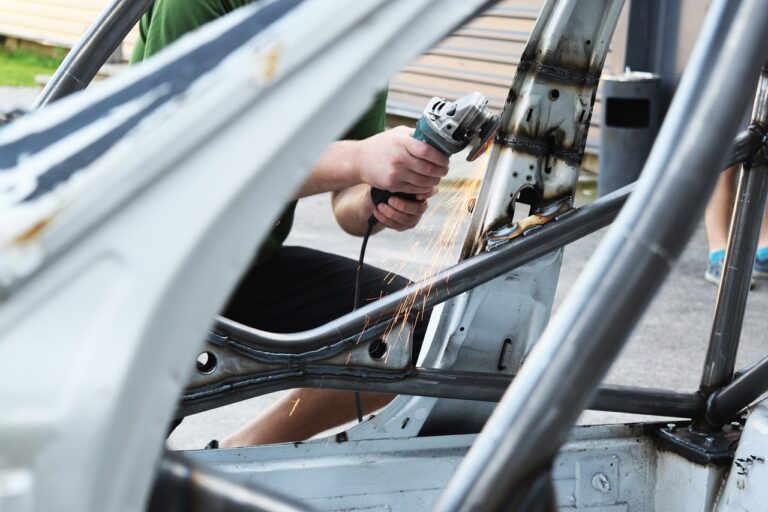The Economics of Car Depreciation in Leasing: 11xplay online id, India 24 bet login, Sky fair vip
11xplay online id, india 24 bet login, sky fair vip: Leasing a car can be a smart financial move for many people. It allows you to drive a new vehicle without the hefty upfront cost of buying one. However, one factor that often gets overlooked in leasing is car depreciation. Understanding how car depreciation works and its impact on your lease can help you make better decisions when it comes to leasing a vehicle.
What is Car Depreciation?
Car depreciation is the decrease in value that a vehicle experiences over time. As soon as you drive a new car off the lot, it starts to lose value. This depreciation continues throughout the life of the vehicle, with the biggest drop happening in the first few years.
Why Does Car Depreciation Matter in Leasing?
When you lease a car, you are essentially paying for the depreciation of the vehicle during the lease term. The leasing company calculates the expected depreciation of the car over the lease period and factors that into your monthly payments.
Understanding the economics of car depreciation in leasing can help you negotiate a better lease deal and avoid getting stuck with a vehicle that loses value quickly.
Factors Affecting Car Depreciation
Several factors can affect the rate of depreciation of a vehicle. Some of the most common ones include:
– Make and model of the car: Some vehicles hold their value better than others due to factors like brand reputation, reliability, and market demand.
– Mileage: Higher mileage usually leads to faster depreciation as it indicates more wear and tear on the vehicle.
– Condition: A well-maintained car will typically depreciate more slowly than one that has been neglected or damaged.
– Market trends: Changes in the economy and consumer preferences can impact the resale value of a vehicle.
– Features and options: Upgrades like leather seats, a sunroof, or a premium sound system can help a car retain its value better.
Tips for Managing Car Depreciation in Leasing
While you can’t control all the factors that affect car depreciation, there are some steps you can take to minimize its impact on your lease:
– Choose a vehicle with good resale value: Research different makes and models to find one that is known for holding its value well.
– Consider a shorter lease term: The shorter the lease, the less time the vehicle has to depreciate.
– Keep the mileage low: Try to stay within the mileage limit set by your lease agreement to avoid excess wear and tear.
– Take care of the car: Regular maintenance and timely repairs can help preserve the value of the vehicle.
The Economics of Car Depreciation in Leasing
When it comes to leasing a car, understanding the economics of car depreciation is essential. By knowing how depreciation works and the factors that influence it, you can make informed decisions that save you money in the long run.
Ultimately, leasing a car can be a cost-effective way to drive a newer vehicle without the hassle of buying and selling. By considering car depreciation in your leasing decisions, you can get the most value out of your lease and enjoy a reliable vehicle without breaking the bank.
So next time you’re in the market for a new car, remember to factor in car depreciation and make choices that work in your favor.
FAQs
Q: Can I negotiate the depreciation rate in a car lease?
A: While you may not be able to negotiate the depreciation rate itself, you can negotiate other aspects of the lease, such as the purchase price, mileage limit, or lease term, to get a better deal overall.
Q: How does car depreciation impact my monthly lease payments?
A: The higher the expected depreciation of the vehicle, the higher your monthly lease payments are likely to be. Choosing a car with lower depreciation can help you save money on your lease.
Q: Can I buy the car at the end of the lease to avoid depreciation?
A: Yes, many leasing companies offer the option to buy the vehicle at the end of the lease. This can be a good choice if you want to avoid depreciation and keep the car long-term.
Q: What happens if the car’s actual depreciation is higher than expected?
A: If the car depreciates more than the leasing company anticipated, you may have to pay the difference when returning the vehicle at the end of the lease. This is why it’s essential to be aware of the expected depreciation rate when leasing a car.







